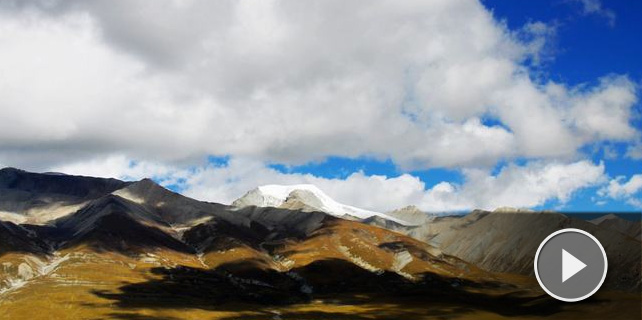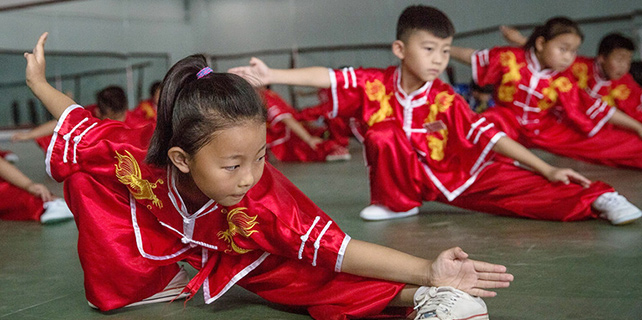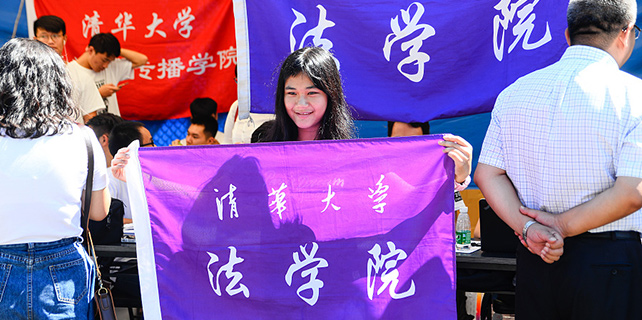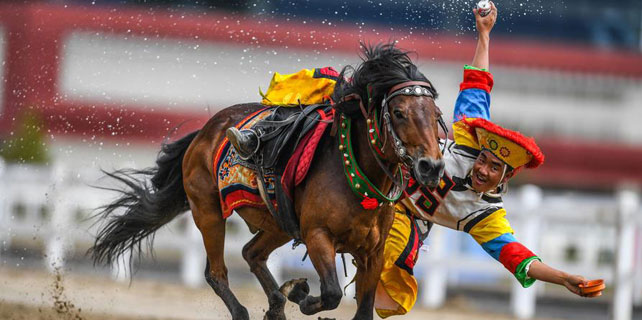The dirty power games powers like the US play
Strange are the ways of politics. Even novices learn the tricks of the trade as soon as they assume office. They may not fathom the essence of the body politic, but they master, or are taught to master, the dirty art of realpolitik, geostrategy and all things that make international relations the mess they are today.
US President Donald Trump has brought that into focus. The world sees him as committing one historical blunder after another. But Trump seems to know what he is doing.
One example of his brinkmanship was his speech on Afghanistan a couple of days ago. Pledging to "fight to win" the war in Afghanistan which the United States started 16 years ago, Trump took an unexpected swipe at India. Calling the country a "natural ally", he said: "We appreciate India's important contributions to stability in Afghanistan … But India makes billions of dollars in trade from the US and we want them to help us more with Afghanistan, especially in the area of economic assistance and development."
In one sweeping stroke, Trump linked global cooperation to "rebuild" Afghanistan to the trade imbalance between Washington and New Delhi, about $24 billion last year, introduced an uncomfortable dynamic to US-India ties and calculatedly made Indian leaders feel important in the US' scheme of things.
India's ruling party leaders were not only impressed, they were overjoyed with Trump's denunciation of Pakistan and his accusing it of supporting "terrorists" and "agents of chaos". The Indian Ministry of External Affairs welcomed Trump's promise to tackle the issue of "safe havens" and "cross-border support" for militant factions-especially because Indian leaders also see Pakistan's hand in them-and vowed to continue providing help for the reconstruction and development of Afghanistan.
For many experts, however, Trump's surprising detour in his speech didn't come as a surprise considering he is a businessman and his foreign policy until now has been framed in transactional terms. What the experts seem to have missed, as have Indian leaders, is that Trump's speech was not only couched in terms of transactions but also carried a more "meaningful" geostrategic message.
As Afghan ambassador to India Shaida Abdali said earlier this year, India has provided $3 billion in assistance for Afghanistan since the Taliban government was toppled by the US-led coalition forces in 2001, and over the years India, as Afghanistan's biggest regional donor, has built about 4,000 kilometers of roads, dams, hydropower plants and the new parliament building in Kabul. So why does Trump want India to help the US "more with Afghanistan"?
The devil, it is claimed, is in the details. Not this time.
Indian leaders may bask in self-importance that the president of the world's most powerful country wants New Delhi to help it reconstruct Afghanistan. But it is surprising they have not reflected on 200 years of their history under the British rulers, who excelled in the politics of divide and rule. That Trump's "offer" comes at a time when Indian troops are engaged in a standoff with Chinese troops in Donglang for over two months seems to have been lost in their self-aggrandizement.
Have the Indian leaders even thought why Trump wants India to help clear the mess in Afghanistan, which was created by the US in the first place?
It's rather clear, especially because Trump refused to ask China, Afghanistan's giant neighbor to the east and the world's second-largest economy, to help rebuild the war-ravaged country. And even the most biased political observer would admit China's assistance is vital to Afghanistan's reconstruction.
Political wisdom demands that Indian leaders see Trump's "offer" for what it is: to further widen the divide not only between India and Pakistan, which India considers its archenemy, but also between New Delhi and Beijing, so as to cash in on the opportunities, economic and geopolitical, arising out of the regional conflicts that are likely to ensue.
The author is a senior writer with China Daily. oprana@chinadaily.com.cn






















